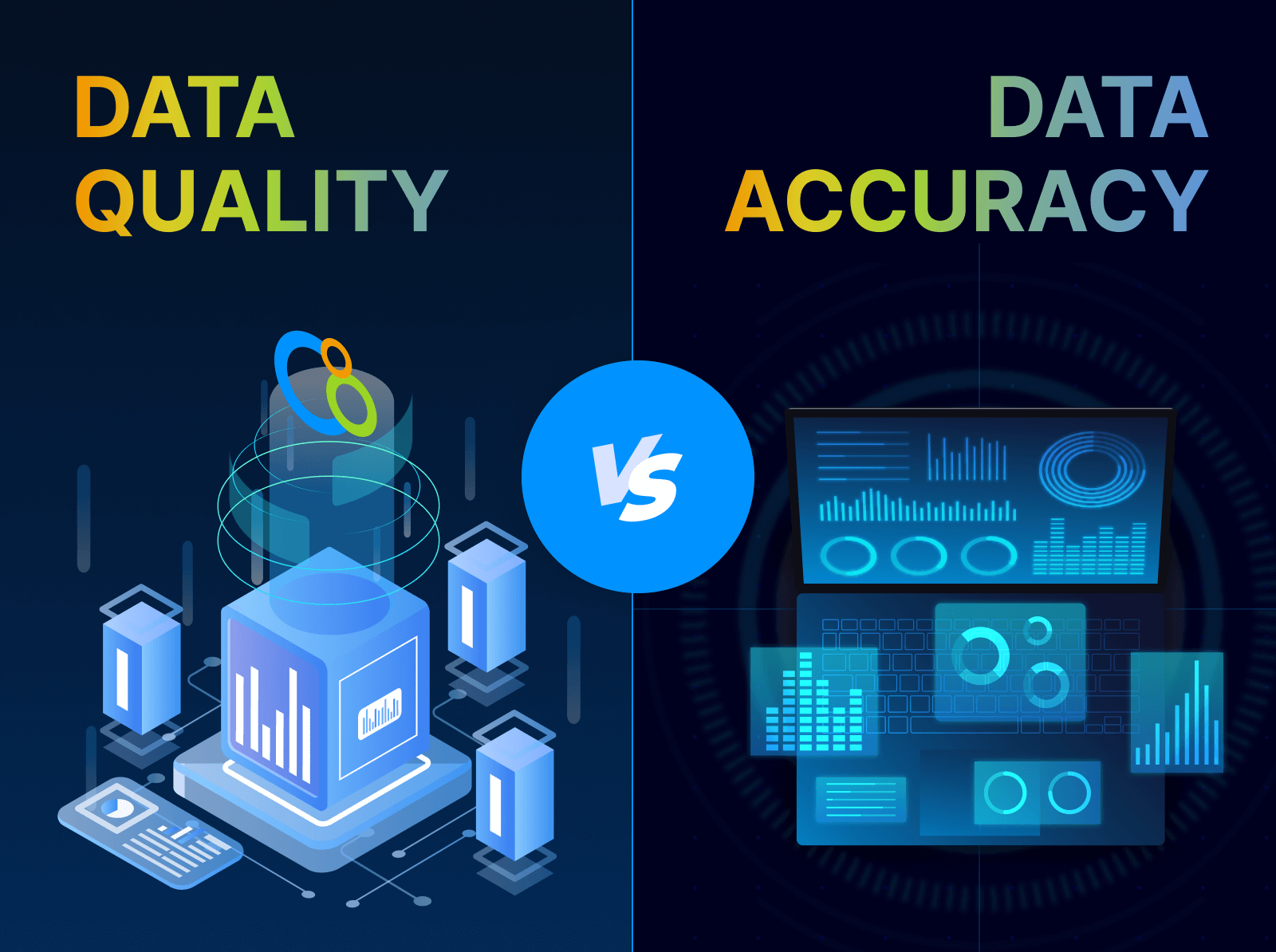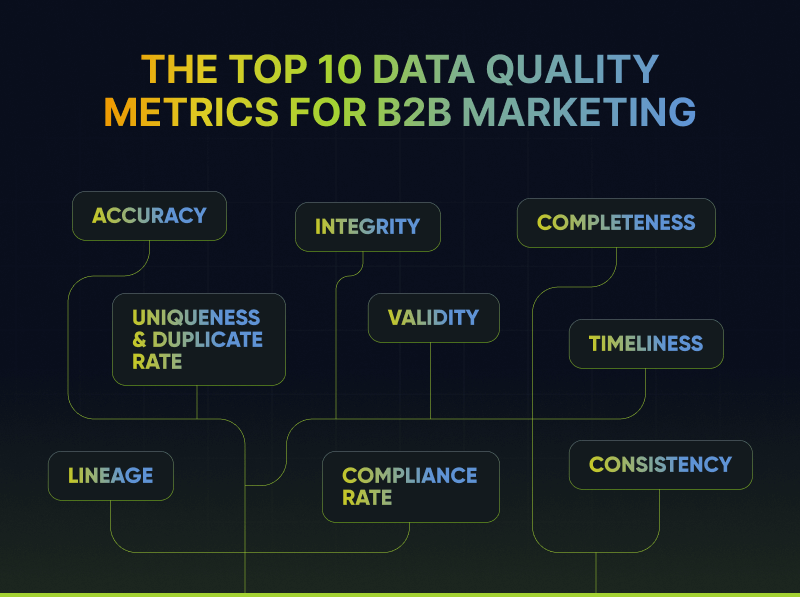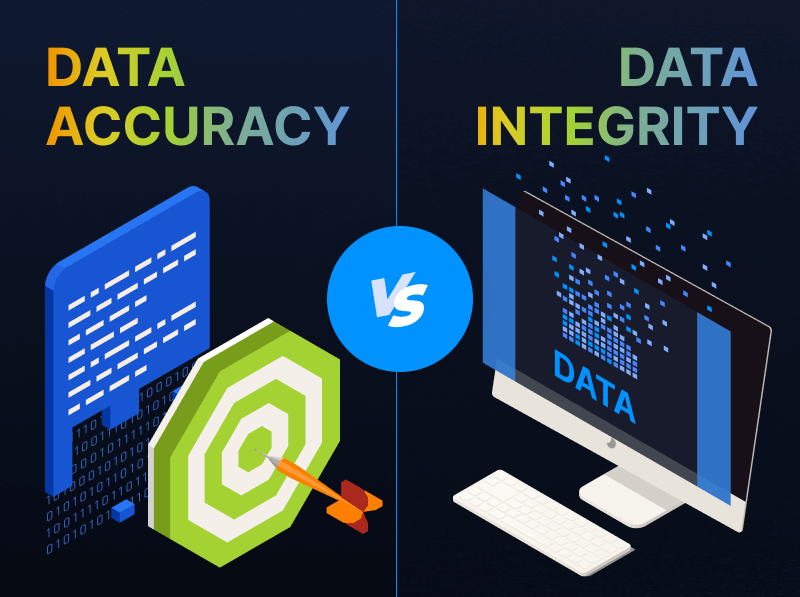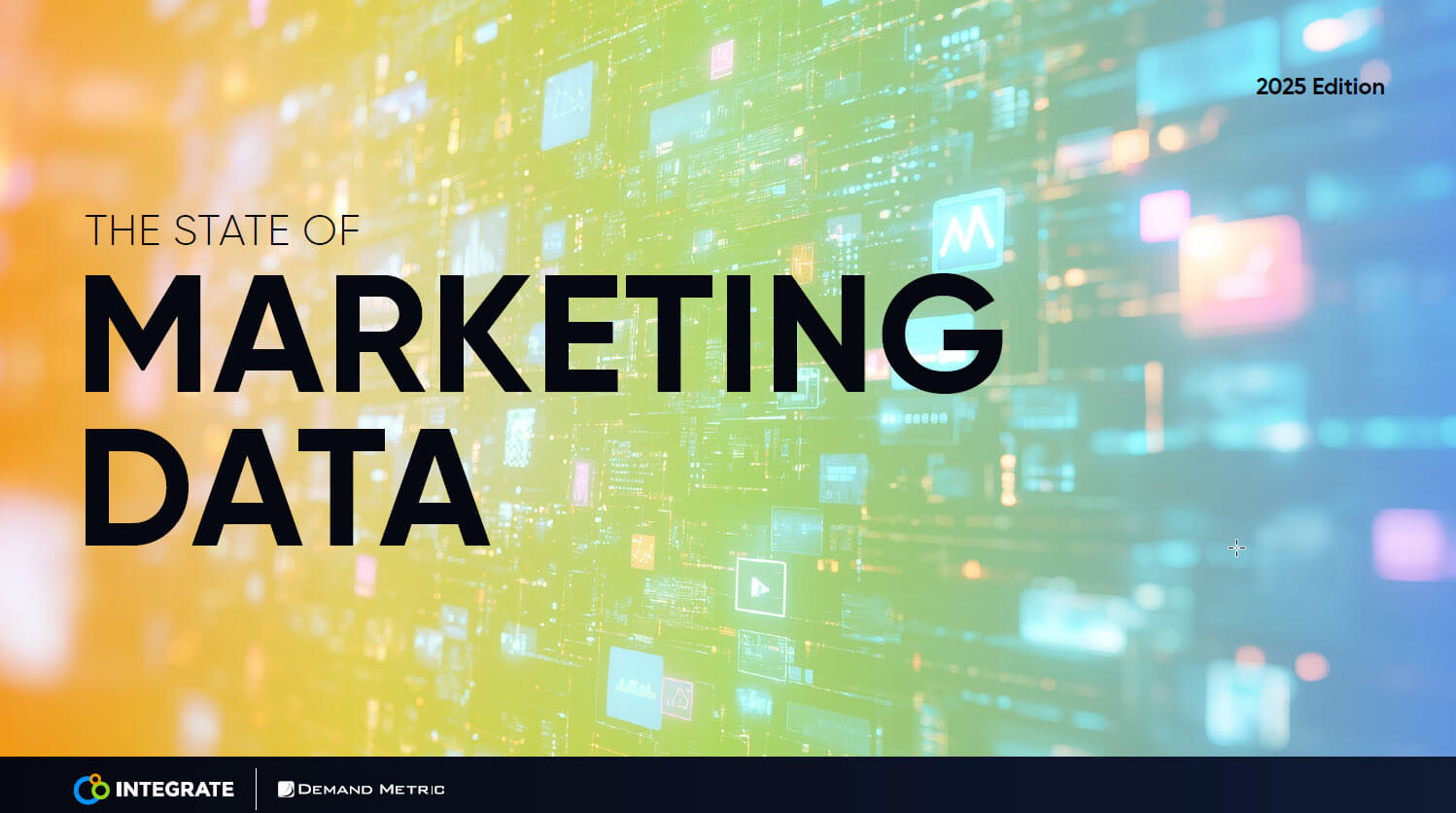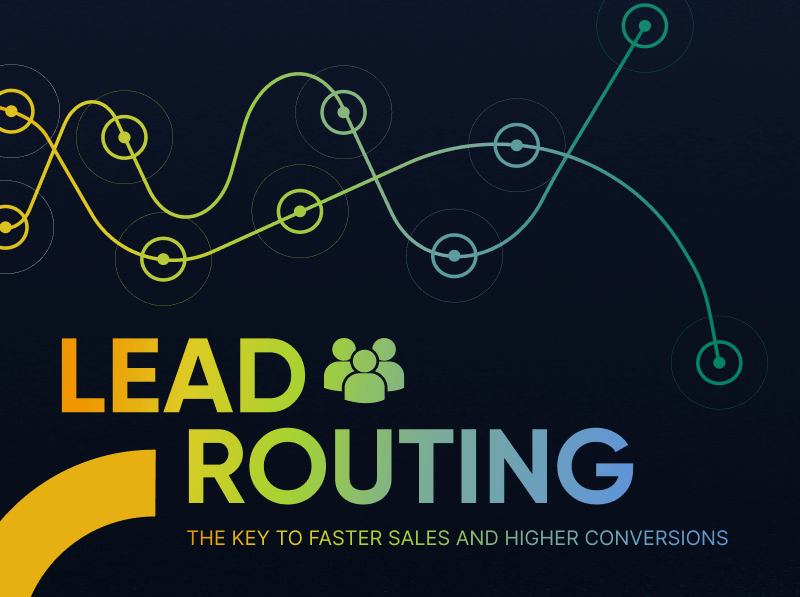Why Revenue-Driven, Precision Event Marketing is the Way of the Future
The past couple of years have been a bumpy ride for event marketing. From a quick shift to digital events when the pandemic put in-person events on hold, to tackling the logistics of hybrid events, to a return to in-person events amidst new virus variants, to today’s tightening economy, the world of in-person B2B events is forever changed.
With today’s increasing economic uncertainty, event expenditures and returns are under closer scrutiny. Some executives have soured on events as a worthwhile investment due to their cost and to marketers not having the most robust set of data points to determine whether the event was a success. Meanwhile, companies that moved budget to digital when live events paused during the pandemic need strong justifications for returning to events when digital was performing well.
How do we navigate event marketing in today’s constantly changing world?
In-person events can no longer be the beginning or the end of any events marketing strategy. Events are no longer about collecting leads and following with more information. In recent years, simply hitting lead numbers is not enough for event marketers to succeed.
Events are milestones in marketing campaigns and programs that provide key buyer personas with information and content that (1) helps them excel at their jobs, (2) makes their company better able to compete, and (3) educates them on your company’s unique selling proposition. In-person events can and should support other marketing events and initiatives.
Today’s marketplace requires more investment in an omnichannel strategy of which in-person meetings at an event are a major component. But event marketing is much more than what happens at the venue.
Event marketing campaigns today need to be scalable, insights-driven, and organized to provide actionable intelligence to sales teams pre-and post-event.
The Case for Revenue-Driven, Precision Event Marketing
Revenue-driven event marketing is an integrated approach to engaging and activating prospects, where digital marketing and customer engagement happen year-round to provide scale to in-person events.
Why is revenue-driven precision event marketing important? Just consider:
- The buyer journey has irrevocably changed. Event attendees (i.e., prospective B2B buyers) no longer show up uninformed and in the market to receive cold pitches. They have increasingly already done their homework; have a list of companies they want to meet and may not have time for unknown companies. Sellers that have invested in a comprehensive cross-channel marketing strategy will find receptive and primed buyers at events. Remember, attendees need to justify the time and cost they spend attending events; they will be very protective of their time and who they meet. They do not have time to sit through cold pitches from an unknown seller.
- Selling to parties without knowledge of your services wastes time at events. If you do manage to get in front of someone who has not received information about your company or services, you will have to take more time than you would like to educate them and potentially direct them to additional content that would have been much better put in front of them well in advance of the event to prime discussion and get closer to a sale.
- A primed buyer can be activated at an event or immediately after. Companies that have invested in reaching their targets in advance of events are ready to get to the bottom line. They know their buyers’ challenges based on what material they accessed online, such as newsletter sign-ups and which web pages they access.
- More streamlined data and insights. For leads that originate at an event, marketers, and the sales teams they support struggle to manage the flow of information coming out of events, especially if you meet with multiple parties.
What are the Key Performance Indicators (KPIs) of a Revenue-Driven Event Marketing Strategy?
It is not enough to rethink your events marketing strategy; you must also measure the right things. An advanced events marketing strategy requires you to track actions that lead to realized revenue.
- Quality of leads. Past events have demonstrated no two leads are alike. Gone are the days when a floor team could sign up 100 names to win an iPod and call that a successful lead generation campaign. Executives are more closely scrutinizing who marketers collect at these events and making sure the names, titles, and companies fit the ideal buyer profile. Companies will want to have their key targets registered as leads because they provided valuable resources to them leading up to the event and can instead focus their energy on creating a meaningful dialogue with those prospects.
- New accounts engaged. Starting with quality leads means more conversions. Sales teams can focus on quality leads versus digging through a giveaway haystack and looking for the potential account needle. Marketers need to equip sales representatives with insights from a complete customer relationship management (CRM) profile, showing what content those prospects have consumed, what parts of the website they have visited, and what questions they have asked. This helps those sales representatives know how best to get to a yes.
- Revenue generated on deals. Events are increasingly valuable for two things: engaging accounts as discussed above and meeting with existing clients to identify growth opportunities. With many companies scaling back corporate travel, events can provide one of the few opportunities for sales executives to reconnect face-to-face with their customers.
Towards a More Successful Events Strategy
Purchasing complexity and the changing habits of B2B buyers have thrown a wrench in the traditional events marketing playbook. Event marketers must optimize for lead quality, revenue generated on deals, and a clear understanding of post-event engagement to extract value from the events they throw and attend.
Acquiring a high volume of leads without knowing their quality is no longer considered a success. Event ROI is increasingly associated with lead quality, account engagement, and post-event engagement with buyers based on where they are at in their buyer journey.
While the second half of 2022 will bring more bumps in the road, events can still produce a valuable return for companies. To learn more, read “The Buyer’s Guide to Event Lead Management,” which covers a new category of technology that can help marketers to generate a greater return on their event spend.





